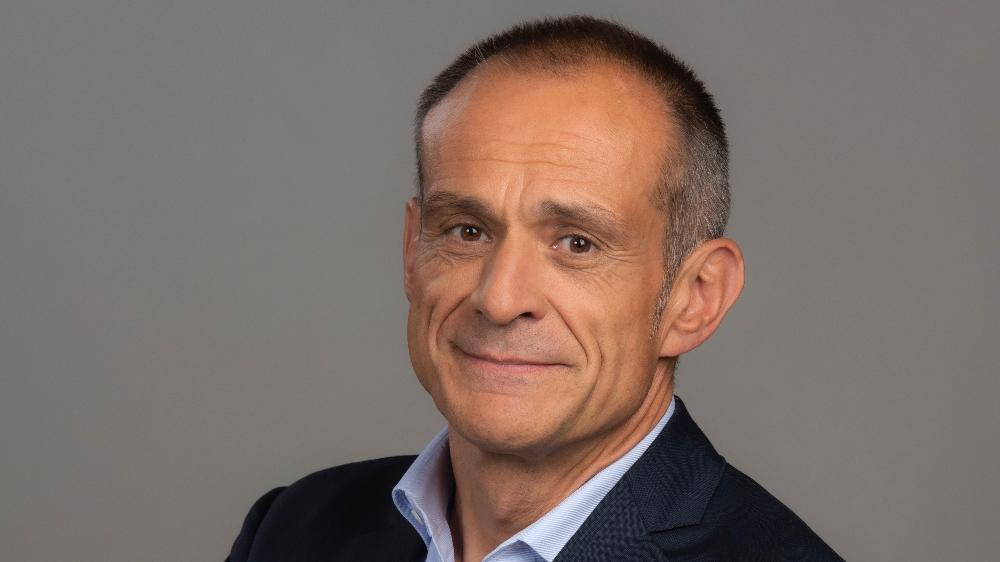In recognition of record-high levels of inequality Schneider Electric among a coalition of 34 leading international companies has committed to step up business action to advance human rights throughout their value chains, build inclusive workplaces and strengthen inclusion in their internal and external business ecosystems. In doing so, they will advance G7 government-led efforts to strengthen equality of opportunity, tackle regional disadvantages and fight gender discrimination.
B4IG members have a global footprint, cover a broad range of sectors, employ more than 3.5 million people around the world and have combined annual revenues of over 1 trillion USD. The B4IG coalition is the first business-led initiative of its kind, thanks to its 360° approach to tackling inequality, international dimension, and multi-stakeholder approach focused on building synergies between companies, governments and philanthropic organizations. The coalition’s strategy rests on three pillars:
- A Business Pledge Against Inequalities to advance human rights, workplace inclusion & diversity and value chain inclusiveness;
- An incubator to design or expand new inclusive business models, piloting social innovation and private-public collaboration at the micro-economic level; and
- An inclusive growth financing forum to promote innovative financing mechanism between business, governments and philanthropic actors.
The G7 B4IG coalition will be coordinated by the OECD, whose work has shown that inequalities hamper growth and social mobility. The coalition will benefit from OECD economic and social evaluation expertise as it advances on this agenda over the next three years. Progress and lessons learned will be shared during an annual board meeting, with CEOs and key figures from public and civil society sectors, including the International Labour Organisation and the Bill & Melinda Gates Foundation. B4IG results will be shared with the Business 7 and Labour 7, to help inform their preparation and contributions to G7, with a view to foster more inclusive macro-economic growth policies. B4IG is presented to President Emmanuel Macron at the Elysée Palace on Friday, September 23, ahead of the G7 Leaders’ Summit in Biarritz.
Schneider Electric has brought Social Innovation to Tackle Energy Poverty in the B4IG incubator (more details below). Energy poverty is the inability of households to have adequate energy services in their homes. Around 11% of Europeans suffer from energy poverty, particularly the elderly, single-parent families with children, low-income households, children, the disabled, people with chronic illnesses, and single unemployed people. The Schneider Electric Social Innovation to Tackle Energy Poverty Solutions Accelerator aims to identify, engage, and support to scale up innovative projects that offer creative and systems-changing solutions to tackle energy poverty and promote energy sustainability. So far 42 projects have been selected and supported with training with an estimated 40,000 beneficiaries. The Schneider Electric Foundation, through its Volunteering program, gives projects access to the skills of volunteer employees, while making sure other actors can benefit from these social innovations, and get access to funding.
Jean-Pascal Tricoire, Chairman & CEO of Schneider Electric, commented: “Today, with the Business for Inclusive Growth Platform, we can all participate in the rare opportunity to reconcile the paradox between progress for all and a sustainable future for our planet. It requires innovation, dedication and investments but it will deliver so much more: fulfilled lives, preserved nature and a peaceful world.”
Gabriela Ramos, OECD Chief of Staff and G7 Sherpa, said: “Growing inequality is one of the biggest social challenges in the world today. It is perpetuating poverty, undermining social cohesion and trust. Sustainable economic growth means inclusive economic growth. It means giving every individual the opportunity to fulfil her or his potential, the chance not only to contribute to a nation’s growth but to benefit from it, regardless of their background or origins. The OECD welcomes this initiative by France to involve some of the world’s most important companies to work hand-in-hand with governments and the OECD to tackle inequalities. For our part, we will continue to lead the way in its policy analysis, research and expertise.”





